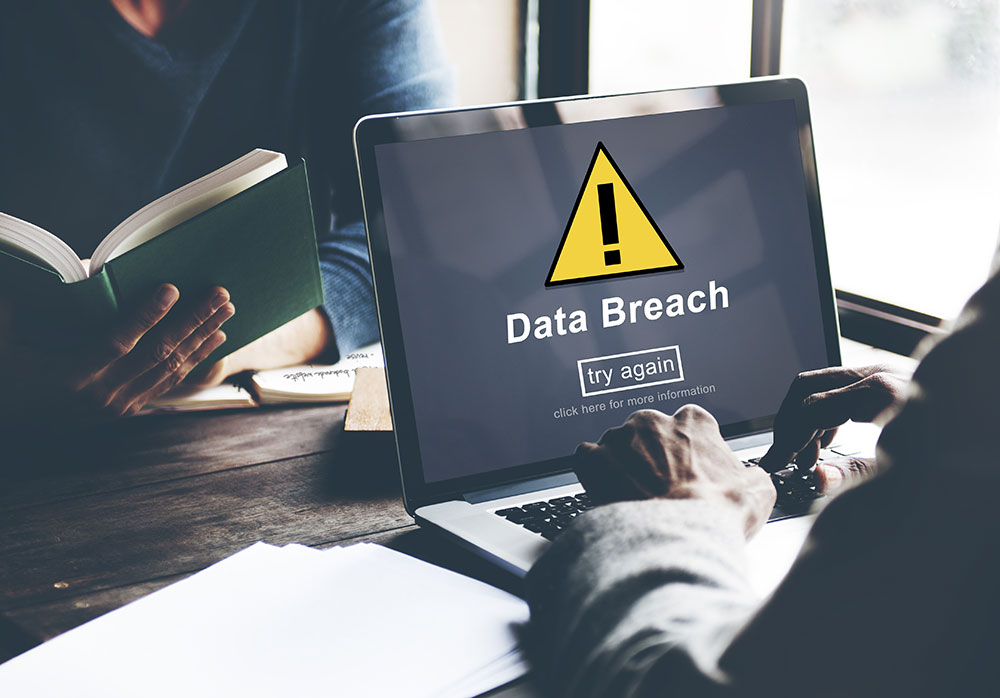Understanding Corporate Data Breaches: What Every Business Needs to Know
Corporate data breaches now cause increasing worry for businesses of all kinds in the digital age. These leaks endanger not only private data but also can have major financial and reputational effects for the Corporate data breach victim. Understanding the dangers and protective actions is essential to guard against possible hazards since more companies depend on digital systems to store and control data.
What is a corporate data breach?
A corporate data breach is the access by illegal people to private company data. Financial records, consumer information, staff records, trade secrets—all of which can be included in one data set. Cyberattacks, poor security policies, or insider threats are just a few of the several ways that breaches could arise. Once a breach happens, hackers can use the data for malevolent intent, such as fraud, identity theft, or black-market sales of private information.
Common Causes of Data Breaches
A data breach could happen in several different ways. Weak password management is among the most often occurring reasons. Many companies neglect to implement rigorous password rules, which facilitate hacker access. Another often used tactic is phishing, in which staff members are deceived into exposing their credentials. Furthermore, a major concern is outdated software since it can have weaknesses thieves could use.

Consequences of a Data Breach
Many times, financial losses are instant; the expense of research, repairs, and possible legal fees mounts fast. Should companies be discovered to have insufficient security systems in place, they could also incur fines and penalties? Apart from the financial element, the loss of consumer confidence can have long-term effects. Customers who believe their data is not safe could move their business elsewhere, therefore tarnishing their reputation and perhaps making rebuilding challenging.
How to Prevent Data Breaches
Stopping data breaches calls for a whole strategy. Strong password rules should be followed by companies, who also routinely teach staff members on spotting phishing attempts and other social engineering strategies. Closed-off possible vulnerabilities depend on routinely upgrading software and using security patches. Two-factor authentication and data encryption are more layers of protection meant to guard private data.
Although they are not unavoidable, corporate data breaches pose a serious threat in the digital scene of today, often leaving the Corporate data breach victim vulnerable to significant financial and reputational damage. Understanding the sources, effects, and preventative actions helps companies greatly lower their sensitivity to such risks. In cybersecurity, proactive actions preserve business continuity and consumer confidence in addition to safeguarding priceless information.
